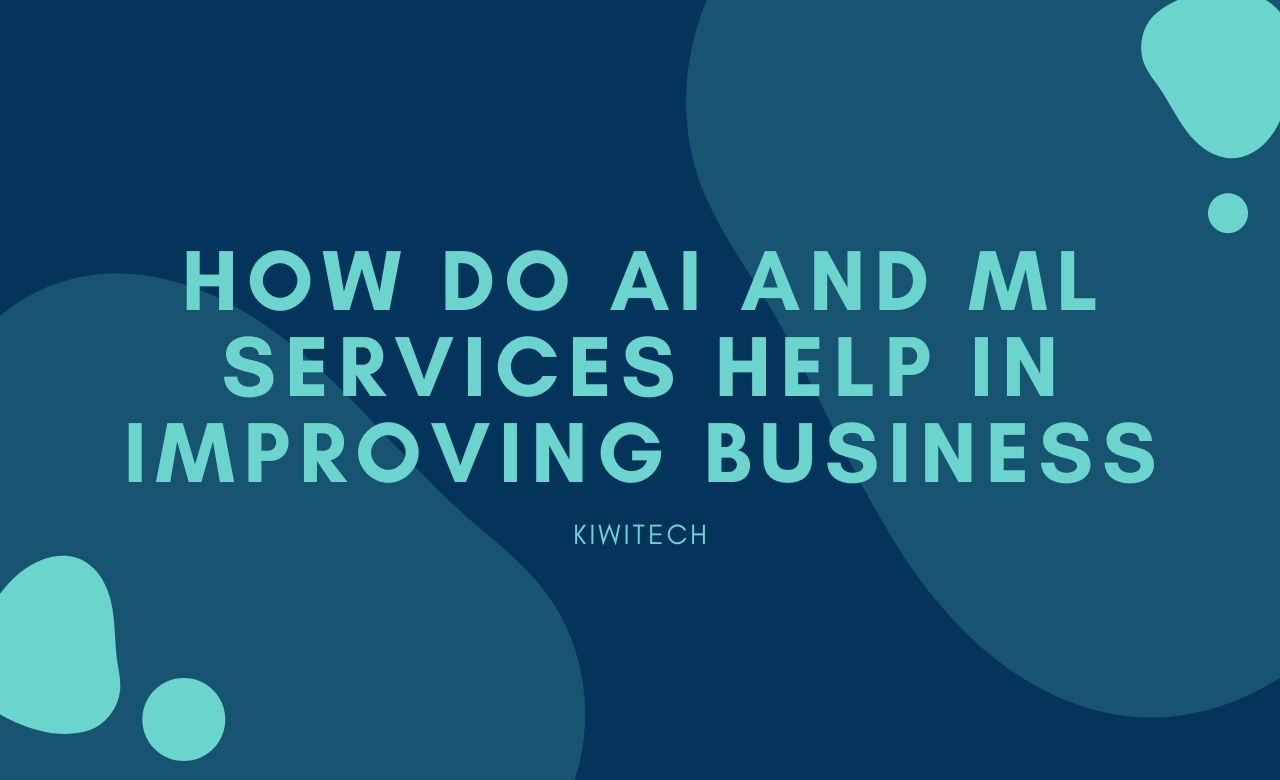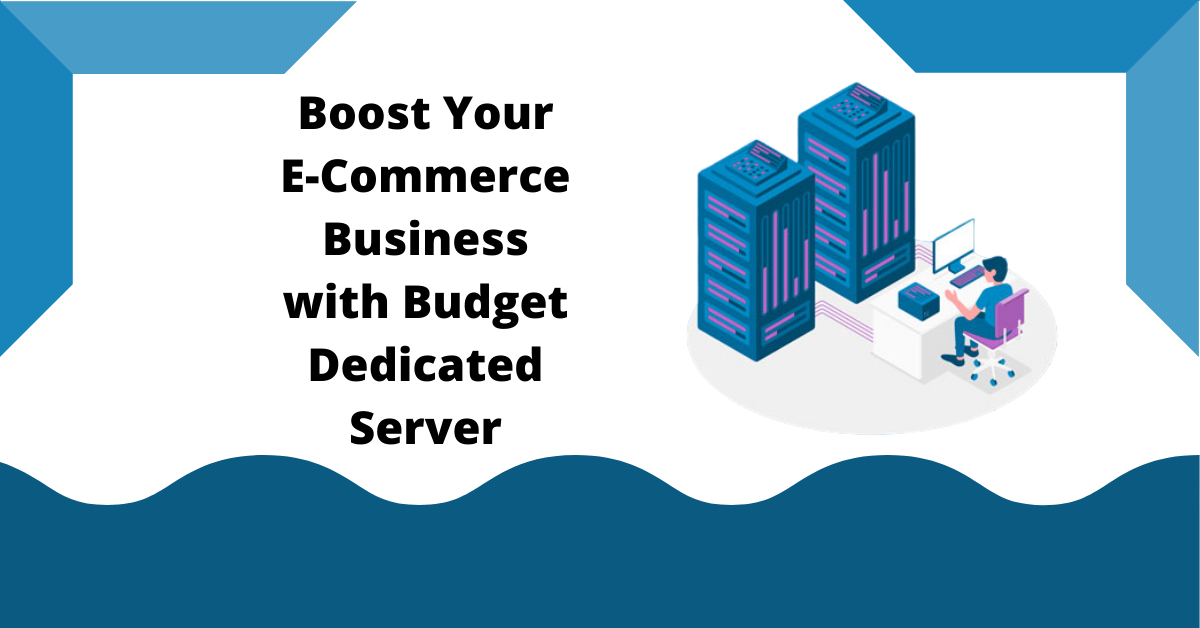Artificial Intelligence is one of the leading technologies and buzzwords of this century. As we know it today, AI might be better understood as narrow AI, meaning its objectives are to fulfil a task at a smaller level. AGI, also known as strong AI, is more equipped to outperform human beings in nearly every psychological test.
Today, Artificial Intelligence has drastically transformed how we interact with and experience technology. From virtual mobile assistants like OK Google to cyber threat detection, today, AI & ML services are disrupting every industry.
Let’s look at some leading industries and services that AI is disrupting as you read this.
Industries Disrupted by AI and ML Services:
Commute:
The Texas Transportation Institute released a report in 2015. This report by the Texas A&M Uni showed that commuting periods have steadily risen in the US over the years. The result was a 42-hour traffic delay during rush hours per commuter in 2014, which is more than one whole week of work in a year, translating to $160 billion lost in productivity. These numbers clearly showed a need for a visible, tangible impact to help cut down these losses.
AI Predictions by Google:
Google Maps uses anonymised smartphone location data to know about the traffic movement at any point in time. Additionally, the IT giant also acquired Waze, a crowdsourced traffic application, back in 2013. Since then, it has become easier for Google to integrate traffic incidents reported by users, such as accidents or construction.
AI-Piloted Commercial Flights:
According to a report by the NY Times, the average Boeing aircraft is flown and steered by a human being for only seven minutes, restricted to the landing and takeoff periods.
Email Communication:
The inbox on your laptop might seem like the last place AI would place itself. But AI and ML services are increasingly gaining popularity with email server solution providers and users alike. For instance, businesses increasingly utilise chatbot services to reduce the TAT for a reply and offer a prompt response to the customer.
Spam Filters:
Traditionally, inboxes used filters based on rules. For example, they filtered out emails that used keywords like ‘Nigerian prince’ or ‘online pharmacy’, sent via unregistered IDs. But these filters are not as effective against spam as email spammers regularly upgrade their messages to adapt to these filters. Spam filters also need to keep learning and evolving to stay ahead of spammers. They can learn using several signals, like the email’s metadata, sender information, organisation information, words within the email, etc.
Email Categorisation:
Gmail is one of the most popular email platforms today. It categorises emails in groups like social, primary, promotional etc. It also marks certain emails as ‘important’ based on your behaviour. Whenever you label any email ‘important’ manually, Google learns. According to researchers into the Priority Inbox category, users who had a Priority Inbox spend as much as 6% less time reading their mail and 13% less time on spam or useless emails.
Personal Finance and Banking:
AI and ML services can aid the BFSI sector in tackling the risks and errors more feasibly.
Fraud Prevention:
Banks have used AI and created systems to understand the pattern in fraudulent transactions. Companies that assess credit scores and ratings use a neural network that predicts unauthorised, incorrect or fake transactions. Some factors affecting the output of a neural network are transaction frequency, size and the retail store at which the purchase took place.
Also read: Benefits Of Incorporating Smart Technology In Your Business
Credit Decisions:
When anyone applies for a credit card or loan, the bank or company needs to evaluate quickly if the application should be accepted or not. If yes, the interest rate and other details also need to be shared almost immediately. Leading banks and NBFIs use ML to ascertain customers’ creditworthiness, helping in evaluating the risk of individual customers.
From automobiles to banks to aerospace to manufacturing, AI and ML services help increase efficiency, improve accuracy and boost profitability. With all these benefits of AI and ML services, organisations cannot sideline the advantages of integrating these solutions, including small businesses and startups.













